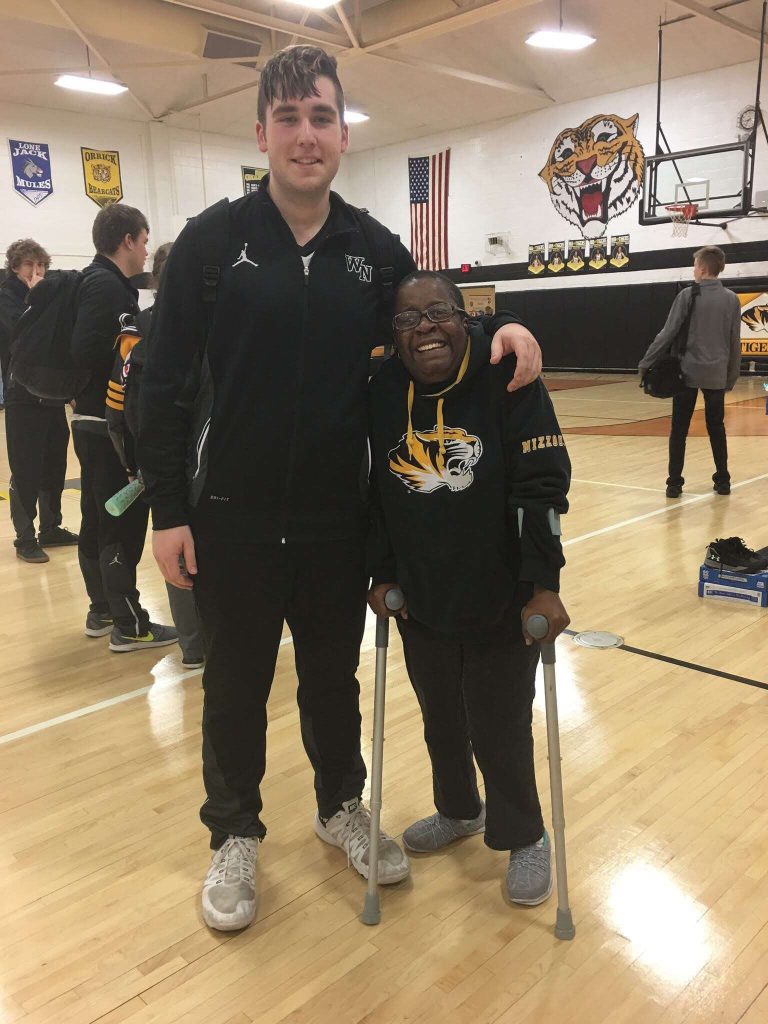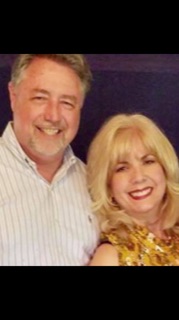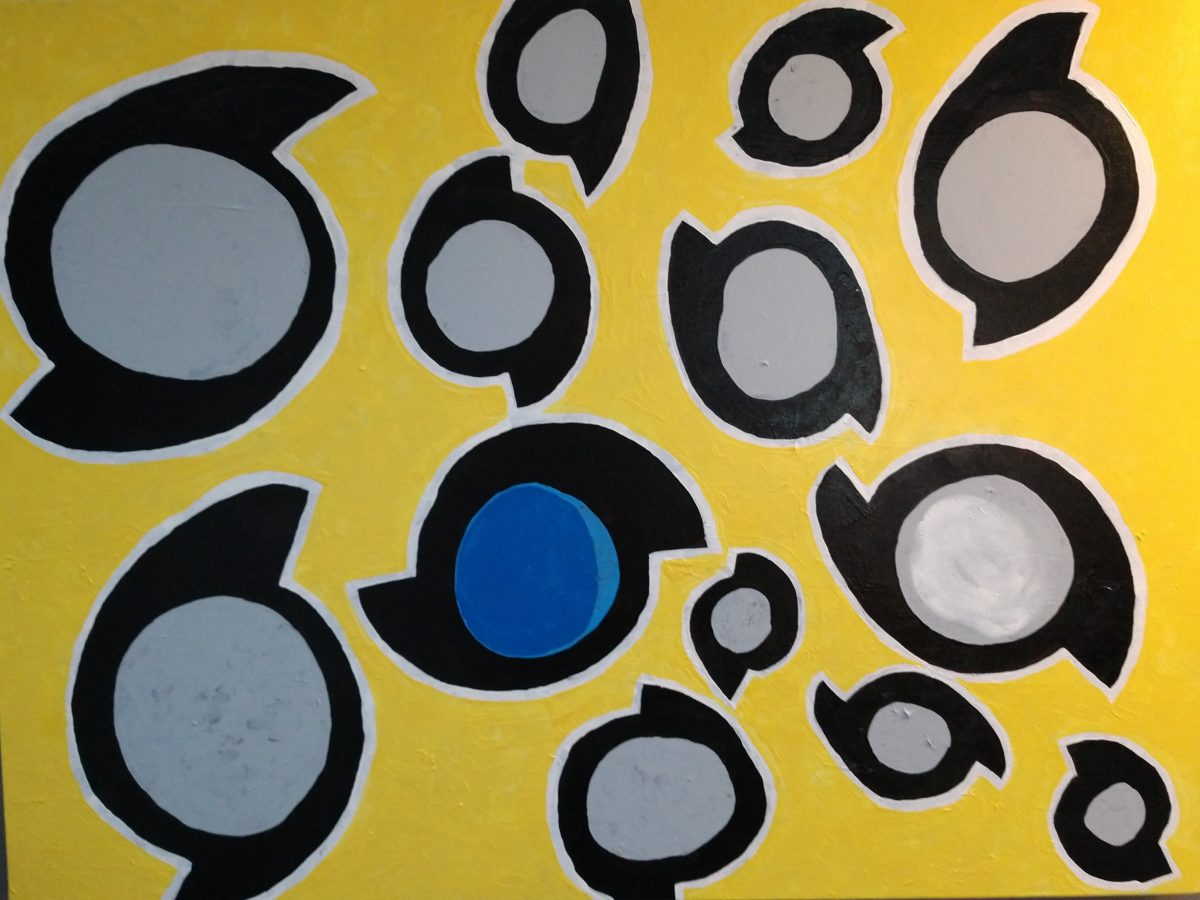The names in this fictional conversation are not the real names of any of the people involved. The story comes from an interview between the author, Jacob Meinershagen, and the interviewee who will be called Ed Williams.

Moderator: Hello, we are here to talk about the situation Mr. Williams has found himself in and why everything has happened how it has. So, Mr. Williams, could you please explain your situation for us, so we have a place to start in this conversation?

Ed Williams: Sure, I started at this company, in low ranks, in a store maintenance position and developed a preventative maintenance plan for all of the equipment in the store [13:00]. I brought my store from the bottom 5% of all the stores in the country to the 3rd in the country [12:30]. I got promoted to a regional manager position after a year at the district level, and my preventative maintenance plan was instated nationwide [13:58]. I was fired when the 2008 financial crisis came around and I felt that I was fired because I was older than the average worker in the lower ranks of the company [00:52] and that the company was getting rid of older people because they thought that they would provide resistance to changes in the company. I think that, based on my performance, I should not have been fired [14:18] and I was very frustrated that I had to lose my job going into such tough times. I needed to be able to support my family and job hunting in that economic downfall was nearly impossible. Not many places were hiring people in the types of positions I had been in because they had held on to those people and didn’t need more. I was worried about paying my bills.
Moderator: I understand that that must have been a very trying time for you Mr. Williams. Mr. Corp, what were the reasons that the company had for firing Mr. Edwards? Was it because he was older than you would like your employees to be? Were you worried about him not accepting new plans in the company?

Mr. Corp: Well, in 2006 we initiated a rollout of a new procedure system that we believed would be of benefit to the overall operation of the company. We told the members of our leadership staff that this rollout was likely to take a couple of years to come into full effect [9:55]. Mr. Williams was also not the only person that we laid off in that year, and it wasn’t just people of his age. We eliminated around 2,800 employees at his level of management as well as about 10,000 employees nationwide in the field service area [10:27]. The 2008 recession was also bad for us as a company. We never enjoy having to remove people’s positions in our company, but for us to keep the doors open, we had to make certain hard decisions. I have sympathy for Mr. Williams, and his concerns for taking care of his family, but I must keep in mind that had we kept every person that the company employed at the time the company would have gone out of business. Had the company gone under in the economic crisis of 2008, a lot more than just 12,800 people would have lost their jobs. As the saying goes, sometimes the needs of the many outweigh the needs of the few. We were acting in the best interests of our employees as a whole even though it may have been to the detriment of some.

Ed Williams: One thing you forgot to mention is that the employees you fired in 2008 had to leave with no notice [11:04]. That is even worse for them because they were likely convinced, like I was, that they were secure in their job. Then, they are told that they no longer have a job, without being given enough notice to create a plan for when they had to leave. Also, I had a good track record of work with the company. I had proven myself very capable [14:10]. While I will agree that not all of the people who were laid off were my age, there were also other instances of people who were older than average being put at a disadvantage.
Moderator: Mr. Williams, can you give us one of those instances of people who were older being put at a disadvantage?
Ed Williams: Yes. The older managers and leaders who came into the company from other companies would be put into stores that were in the lower end of the ranks in terms of standards. This would provide a challenge for them to get the store into a position where it was meeting the proper standards. The older people often succeeded in turning these stores around and getting them up to par with the standards of the company.

On the other hand, the people coming into the company that was young would be put into stores that were either new or were already in good shape and meeting the corporation’s standards [16:03]. This would sadly make it a lot easier for young people to look good. On top of that, once an older person would get their store turned around, they would not be rewarded but would be transferred to a different store with the same situation [17:06].
Moderator: I see. It seems that you think that Mr. Corp intended for you to be discouraged so that you would leave the company. Based on what you said, it sounds like the company preferred the newer people and wanted to keep them around. Mr. Corp, is there any specific reason that you would put older people in tough situations?
Mr. Corp: We held the belief that since these older people had such good standing coming into the company, that they would be able to put to use their experience to turn around some of the more difficult locations. Once they had done so, we knew that they could be trusted, and that they knew how to turn a store around and, therefore, would move them to another store with similar problems with the hopes that they could also do the same there. We would put the new, younger people in easy situations because we didn’t expect them to have a lot of experience. Because of this lack of experience, we were worried that if we put a young person in a difficult store, the store would have a higher chance of getting worse instead of better.
Moderator: Mr. Williams, what do you think about this?
Ed Williams: I don’t know, even if that is the case, why would the company not justly reward the older people who had turned around the stores when they sent them on to the next? Also, as I said earlier, I felt as if I had more than proven my worth with the company through all that I had accomplished. I feel like the company even acknowledged that through the promotions I received, and yet I was still fired when hard times came around. It seems to me that when the hard times come, a company would want to keep the workers who had proven themselves and were known to produce results. I don’t think, as you said Mr. Corp that the young people had proven their capabilities yet so I don’t get why you would have chosen them over people like me?
Moderator: It seems that, overall, our society has a bias towards younger people since we believe that they are much more willing to go through change than older people. However, this bias may not be a good one since putting older people in charge allows for more experience in the higher ranks of companies. We should all strive to find a good balance here and a way to include everyone based on their skills and talents rather than their attributes.
Works Cited
Williams, Edward. Personal interview. 25 February 2019.














